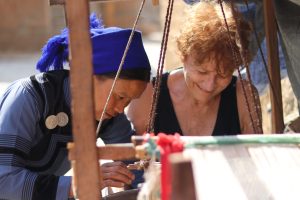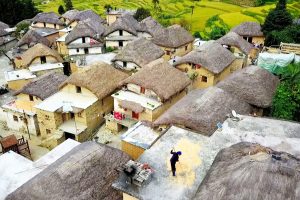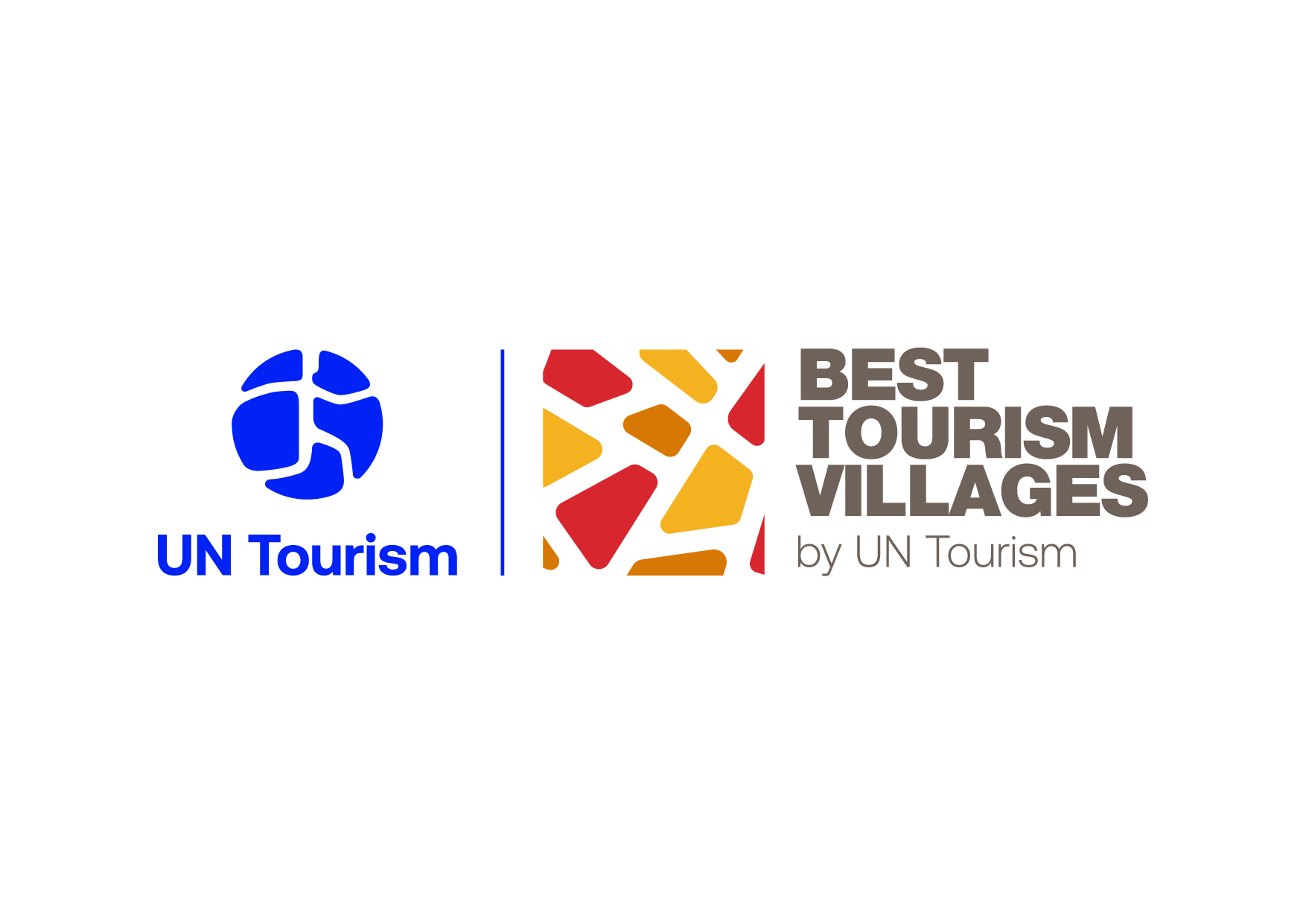AZHEKE
CHINA
2024
Contact
Azheke, China
Azheke, nestled within the heart of the Honghe Hani Rice Terrace—a UNESCO World Cultural Heritage site—boasts a rich historical legacy spanning over 160 years. This village is renowned for its remarkable conservation efforts, exemplified by the harmonious relationship between its natural elements (forest, water system, terraced fields, and village), unique traditional architecture, and the vibrant living culture of the Hani people. Through dedicated efforts, Azheke has become one of five key villages integral to the inscription of the Honghe Hani Rice Terrace, a landscape cultivated by the Hani ethnic group for over 1,300 years.
HIGHLIGHTS
-

Community-Driven Tourism Initiatives
Azheke has established a collective enterprise involving local villagers, which emphasizes active participation in tourism development. By creating profit-sharing rules, the community has enhanced living conditions while preserving traditional architecture and farming practices. This initiative not only boosts per capita income but also fosters ethnic pride and a strong sense of community among the villagers, ensuring that they benefit directly from the tourism industry.
-

Collaboration with Higher Education Institutions
The village actively collaborates with higher education institutions, deploying graduate students to provide technical support in various areas such as skills training, product development, and management. These students also engage with local children through academic guidance and extracurricular activities, enhancing their communication and practical skills. To date, 22 graduate students have spent extended periods in Azheke, contributing significantly to community development and knowledge transfer.
-

Experiential Tourism and Cultural Heritage Preservation
Azheke has developed experiential tourism offerings designed to preserve and promote the Hani ethnic lifestyle and culture. Initiatives like handicraft workshops not only create employment opportunities for local elders but also ensure the transfer of traditional skills to younger generations. This collaborative process of creating tourism products encourages villagers to reflect on their rich history, fostering a sense of identity while restoring iconic tools and practices, such as water mills. Through these innovative practices, Azheke exemplifies how tourism can be a vehicle for heritage conservation and sustainable community development.








